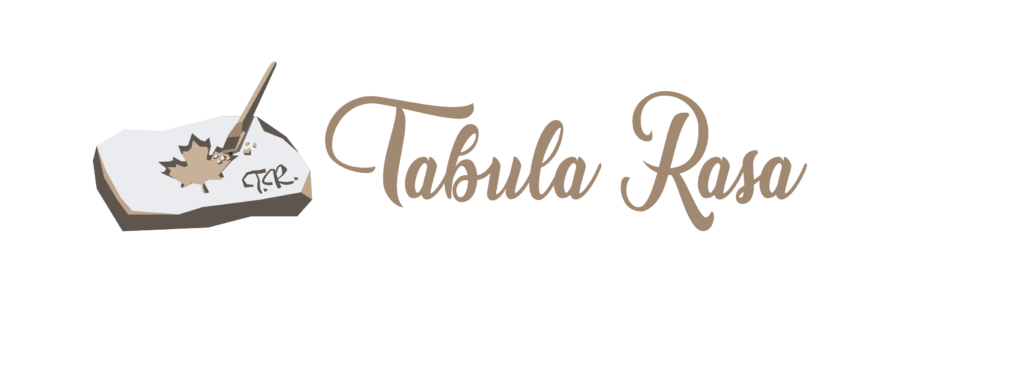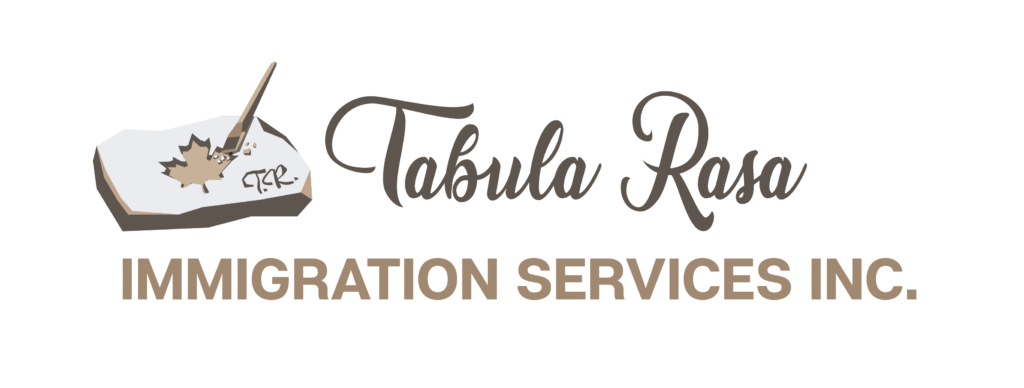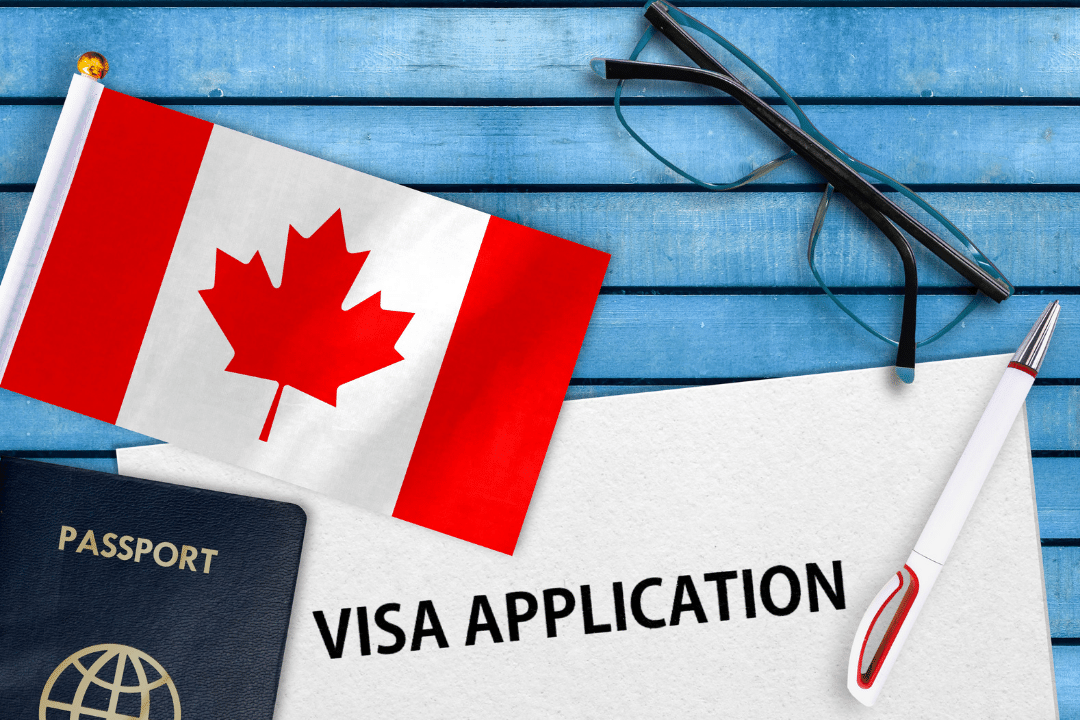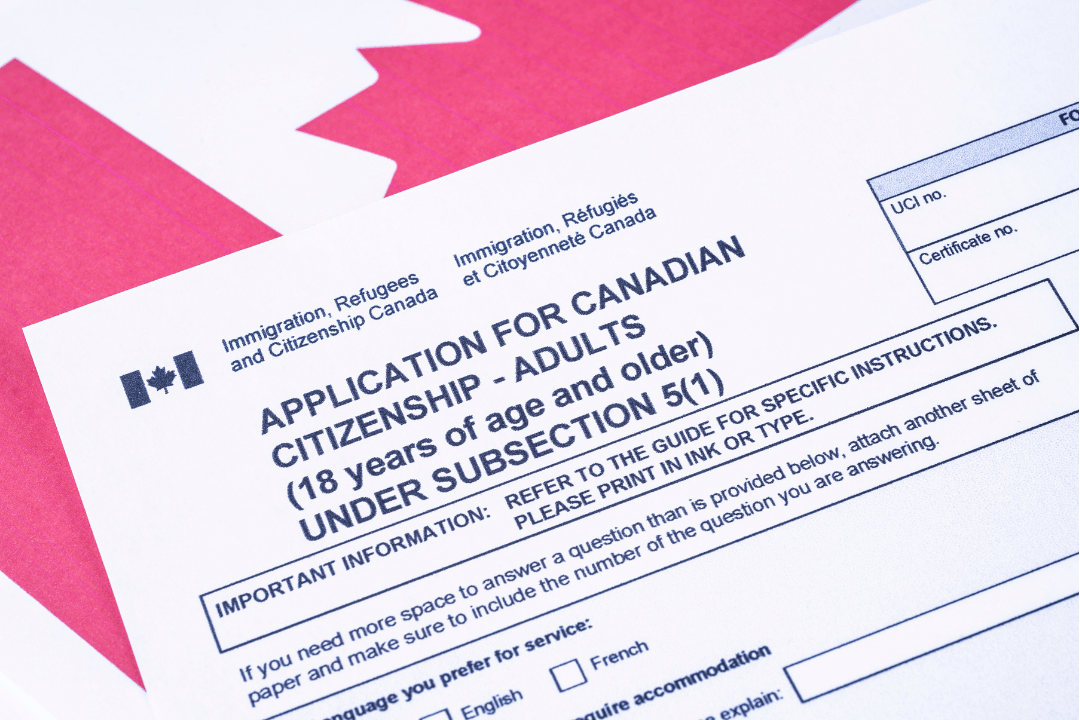Canada’s immigration system is known for its inclusivity, but age can play a significant role in determining eligibility and success. While younger applicants often have an advantage, older individuals can still achieve their dream of moving to Canada by understanding the challenges and leveraging specific strategies. This blog post explores the impact of age on Canadian immigration and offers actionable advice for older applicants.
Understanding the Points System
Canada’s Express Entry system, the most popular route for skilled immigrants, operates on a points-based system known as the Comprehensive Ranking System (CRS). Age is a key factor, with applicants between the ages of 20 and 29 receiving the maximum points. However, after 30, these points start to decrease, and by 45, applicants no longer receive any points for age.
Strategy 1: Boosting CRS Score Through Other Factors
Although age may reduce CRS points, other factors can compensate. Here are some strategies:
- Enhance Language Proficiency: Scoring high in language tests like IELTS can significantly boost your CRS score. Consider taking language courses in French and retesting if needed.
- Educational Credentials: Obtaining a higher degree or getting your credentials assessed can add valuable points.
- Work Experience: Canadian work experience is highly valued. If possible, secure a job offer or participate in programs like the Temporary Foreign Worker Program to gain Canadian experience.
- Spouse’s Credentials: If you have a spouse or partner, their qualifications can also contribute to the CRS score. Encouraging your partner to improve their language skills or education can be beneficial.
Strategy 2: Explore Provincial Nominee Programs (PNPs)
Provincial Nominee Programs (PNPs) offer an alternative pathway to Canadian immigration. Many provinces have their own criteria and may place less emphasis on age. Research the provinces where your skills are in demand and apply through a relevant PNP. Some provinces may prioritize work experience and job offers over age.
Strategy 3: Consider the Atlantic Immigration Program (AIP)
The Atlantic Immigration Program (AIP) is designed to attract skilled workers to Canada’s Atlantic provinces. This program tends to focus more on filling labor shortages than on age, making it a favorable option for older applicants.
Strategy 4: Family Sponsorship
If you have close relatives who are Canadian citizens or permanent residents, they may be able to sponsor you through the Family Sponsorship program. While this route doesn’t rely on the points system, it does have specific eligibility requirements that you must meet.
Strategy 5: Business Immigration
Older applicants with substantial business experience or investments might consider Canada’s business immigration programs. Programs like the Start-Up Visa Program or the Entrepreneur Stream under various PNPs allow applicants to leverage their business acumen and investments rather than their age.
Conclusion
While age can be a challenging factor in Canadian immigration, it is by no means a barrier. By understanding the system and leveraging alternative strategies, older applicants can successfully navigate the immigration process. Whether through improving your CRS score, exploring provincial programs, or considering family sponsorship or business immigration, Canada offers multiple pathways to achieve your dream of living and working in the country.
Remember, each applicant’s situation is unique, and consulting with an CICC-licensed immigration consultant can provide personalized advice and increase your chances of success.
